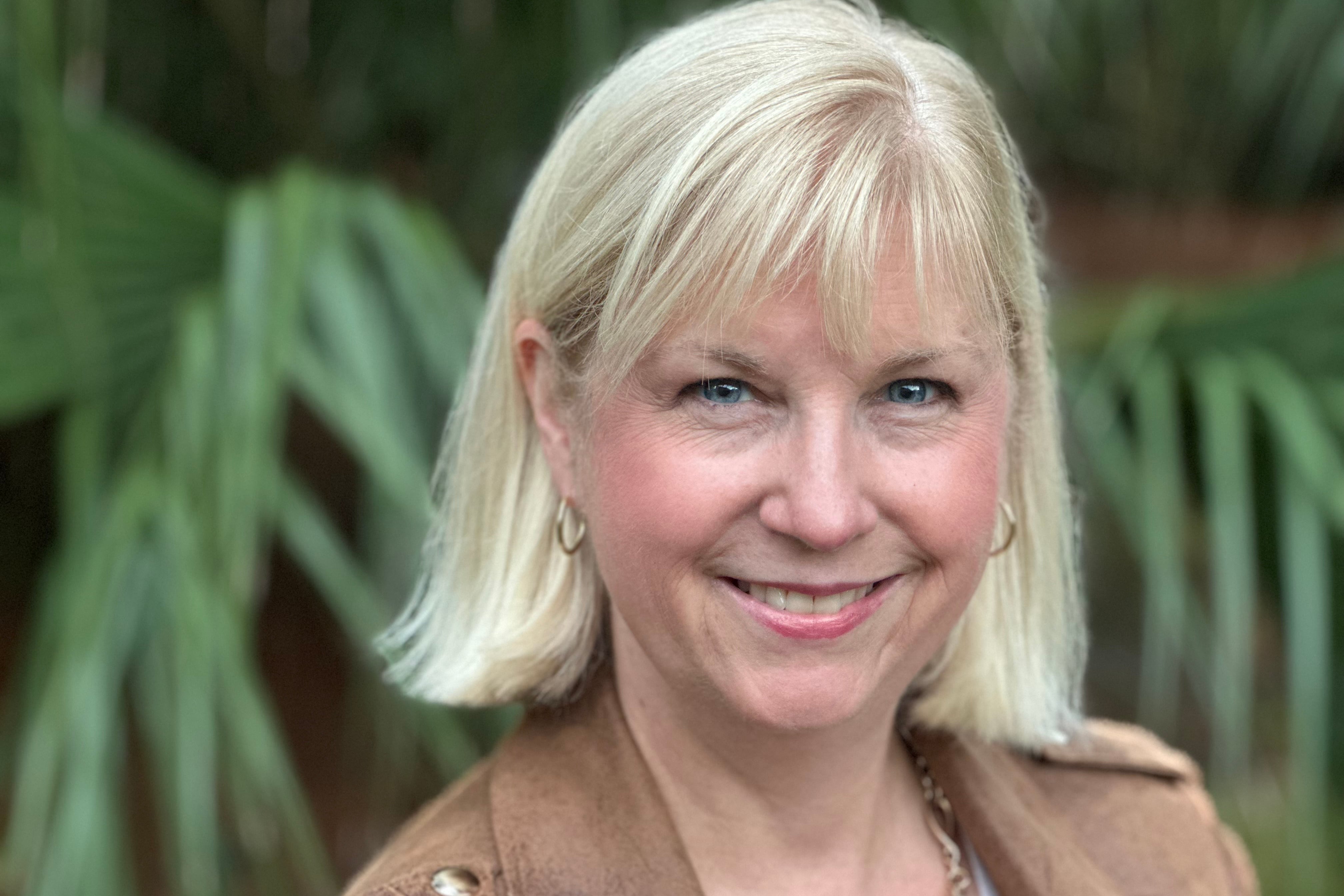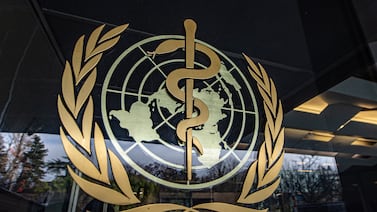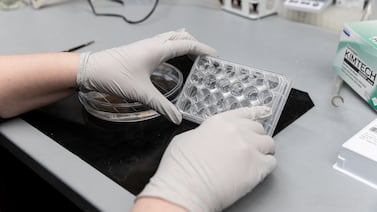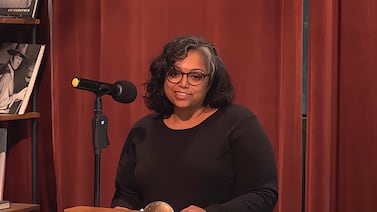Public health, explained: Sign up to receive Healthbeat’s free national newsletter here.
My introduction to covering public health came during an earlier time of turmoil and leadership exodus at the Centers for Disease Control and Prevention.
In the wake of the 9/11 terror attacks, which were quickly followed by deadly anthrax-laced letters sent through the U.S. mail, then-CDC Director Julie Gerberding in 2003 launched what was called the agency’s Futures Initiative.
The initiative, which went on for years, involved a massive reorganization of the CDC. Gerberding said the goal was to make the agency more nimble and effective in responding to the urgent and emerging threats of the modern world, such as bioterrorism and pandemics.
Yet prominent scientists and staff within the agency accused Gerberding, who was appointed during the administration of President George W. Bush, of creating a controlling, top-down management structure that added bureaucratic layers, stifled science, and put at risk the CDC’s ability to respond to a public health crisis.
As the full-time CDC beat reporter for The Atlanta Journal-Constitution back then, I reported extensively on the wave of high-profile CDC leaders and scientists who were departing the agency, including the directors of six of the CDC’s then eight primary scientific centers, the agency’s pandemic influenza coordinator, and top experts in vaccines and several diseases.
The continuing departure of high-profile scientists and plummeting morale within the agency prompted five former CDC directors to privately send a rare joint letter to Gerberding in December 2005 expressing their “great concern.” The letter only became public because of my AJC reporting.
“We have all gone through periods of change and recognize the difficulties attendant to change. However, we are concerned about the previous and impending losses of highly qualified and motivated staff,” wrote former CDC directors Dr. William Foege, Dr. James Mason, Dr. David Satcher, Dr. Jeffrey Koplan and Dr. David Sencer, who led the agency during Republican and Democratic administrations going back to 1966.
“We are concerned that so many of the staff have come to us to express their concerns about the low morale in the agency. We are concerned about the inability of many of the partners to understand the direction in which CDC is headed,” they wrote.
Fast-forward to today and the seismic changes that are underway at the CDC and across every corner of the nation’s public health safety net.
The circumstances now are far different.
Federal health workers have been hit with mass layoffs; an important CDC vaccine advisory panel had all of its expert members replaced; a gunman opened fire on the CDC headquarters in Atlanta, killing a police officer; the most recent CDC director, Susan Monarez, was fired just a few weeks into the job; and other top CDC officials have resigned in protest over the way Health and Human Services Secretary Robert F. Kennedy Jr. is remaking the CDC.
These days former directors and acting directors of the CDC are warning very publicly that the nation is being put at risk by wide-ranging directives from Washington that are “unlike anything we had ever seen at the agency and unlike anything our country had ever experienced.”
It’s against this backdrop that I’m excited to join the team at Healthbeat as senior national reporter and return to covering public health full time during this critical period in our nation’s history.
I will be writing about a wide range of public health issues – from outbreaks and infectious diseases to vaccines, food safety, health disparities, chronic diseases, the Make America Healthy Again movement and more – and I will be helping explain how they impact all of us.
My reporting will shine a light on federal public health policy and agencies, as well as examine the risks, benefits, and scientific evidence for public health interventions.
I will be showcasing the people behind the work of public health, sharing their challenges and victories. I also will tell the stories of regular people across the country as they seek to keep themselves and their families healthy. And I look forward to highlighting public health solutions and providing independent and contextualized consumer resources to help readers make their own informed decisions.
I have spent most of my career reporting on health, science, and environmental issues at local and national news organizations that include USA Today, Knight Ridder’s Washington Bureau, the Detroit Free Press, and The Arizona Republic, in addition to the AJC.
At USA Today, my reporting revealed how substandard hospital care fuels childbirth deaths and injuries, the health risks posed by tainted dietary supplements, and the spotty enforcement of drinking water regulations. For a project called Ghost Factories, I was part of a team that traveled the country testing soil to show dangerous lead contamination in neighborhoods near the forgotten sites of smelters that had closed decades earlier.
At other news organizations, I’ve reported on the outbreak risks of low vaccination rates at individual schools, the failure of drinking water utilities to identify lead pipes in their systems, the dangers of unprotected hazardous chemical pipelines, and problems in the nation’s food recall system.
For more than a decade before the Covid-19 pandemic emerged near a major coronavirus research center in Wuhan, China, my reporting for USA Today and the AJC had been revealing serious safety breaches at prestigious U.S. labs, as well as the lax approach to biosafety oversight and regulation here and abroad that risked a future pandemic. This reporting is the underpinning of my recent book, “Pandora’s Gamble: Lab Leaks, Pandemics, and a World at Risk,” which was named to Kirkus Reviews’ Best Books of 2023.
As I get started here at Healthbeat, I’m asking for your help. Please let me know the issues and topics you want me to cover. How are public health policies and approaches impacting you, your family, your organization, or your community? What’s working? What’s not working? What do you have questions about?
If you happen to have any documents or emails you think I should see, please send those, too.
You can reach me at ayoung@healthbeat.org or contact me on the messaging app Signal at alisonyoungreports.48
I look forward to beginning a conversation with you.






